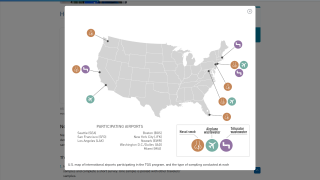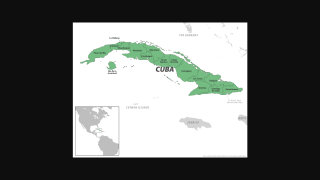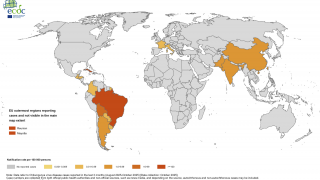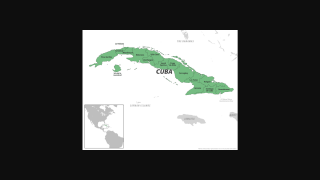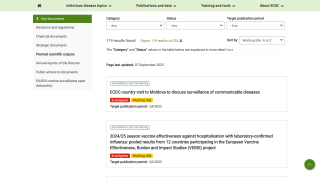Travel Vaccines Are For Children During Summer Vacations

In recent years, international travel has rebounded at an extraordinary rate. According to the Department of Commerce, more than 15 million U.S. residents travel abroad monthly for business or vacation purposes.
Many of these international travelers are children, and just like adults, they have the option to enhance their immune systems by receiving travel vaccines.
When finalizing summer vaccination plans in 2025, disease prevention should be considered.
Viruses transmitted by mosquitoes have spread rapidly worldwide, resulting in significant disease outbreaks in previously unexposed populations. For example, in the Region of the Americas, Dengue cases set all-time records.
As of May 4, 2025, the U.S. Centers for Disease Control and Prevention (CDC) says that getting vaccinated against infectious diseases is one of the most effective ways to protect your health while traveling abroad.
The newly updated CDC Yellow Book: Health Information for International Travel, Edition: 2026, highlights several preventive vaccines parents should consider when planning an international trip with children.
Vaccinating children for travel requires careful evaluation to determine whether immunizations are needed and to address precautions when visiting an area reporting disease outbreaks.
The CDC's country-specific vaccination requirements and recommendations for departure and entry vary over time. For example, in 2025, proof of yellow fever vaccination is required for entry into certain countries, such as Brazil and Colombia. Yong children without contraindications should be vaccinated before traveling to countries where yellow fever is endemic.
The CDC highlighted several diseases and vaccine options, such as:
Chikungunya outbreaks will occur in tropical and subtropical regions this year, such as France's La Reunion District. The U.S. government has approved vaccines for adults and some older children.
Cholera, a toxin-mediated bacterial gastrointestinal illness, causes acute, watery diarrheal illness that can be severe and fatal without proper treatment. Vaccine administration instructions differ for children aged 2–5 years versus people aged 6 years and older, and should be discussed with a healthcare provider.
Japanese encephalitis (JE) virus is endemic throughout most of Asia and parts of the western Pacific. JE risk can be seasonal in temperate climates and year-round in more tropical climates. The risk to short-term travelers and those confined to urban centers is considered low.
The CDC recommends a JE vaccine for travelers who plan to spend more than one month in endemic areas such as Australia and India. The vaccine is an inactivated Vero cell culture-derived U.S. Food and Drug Administration-licensed JE vaccine (IXIARO).
For travelers at risk for JE, a booster dose (third dose) may be given one or more years after the initial series.
Although the CDC recommendations apply to all children, it is advisable to consult with a travel vaccine expert for tailored advice for each child. Additionally, remember that some vaccinations may take a month to become effective, so parents should plan ahead before boarding a plane!
Our Trust Standards: Medical Advisory Committee

